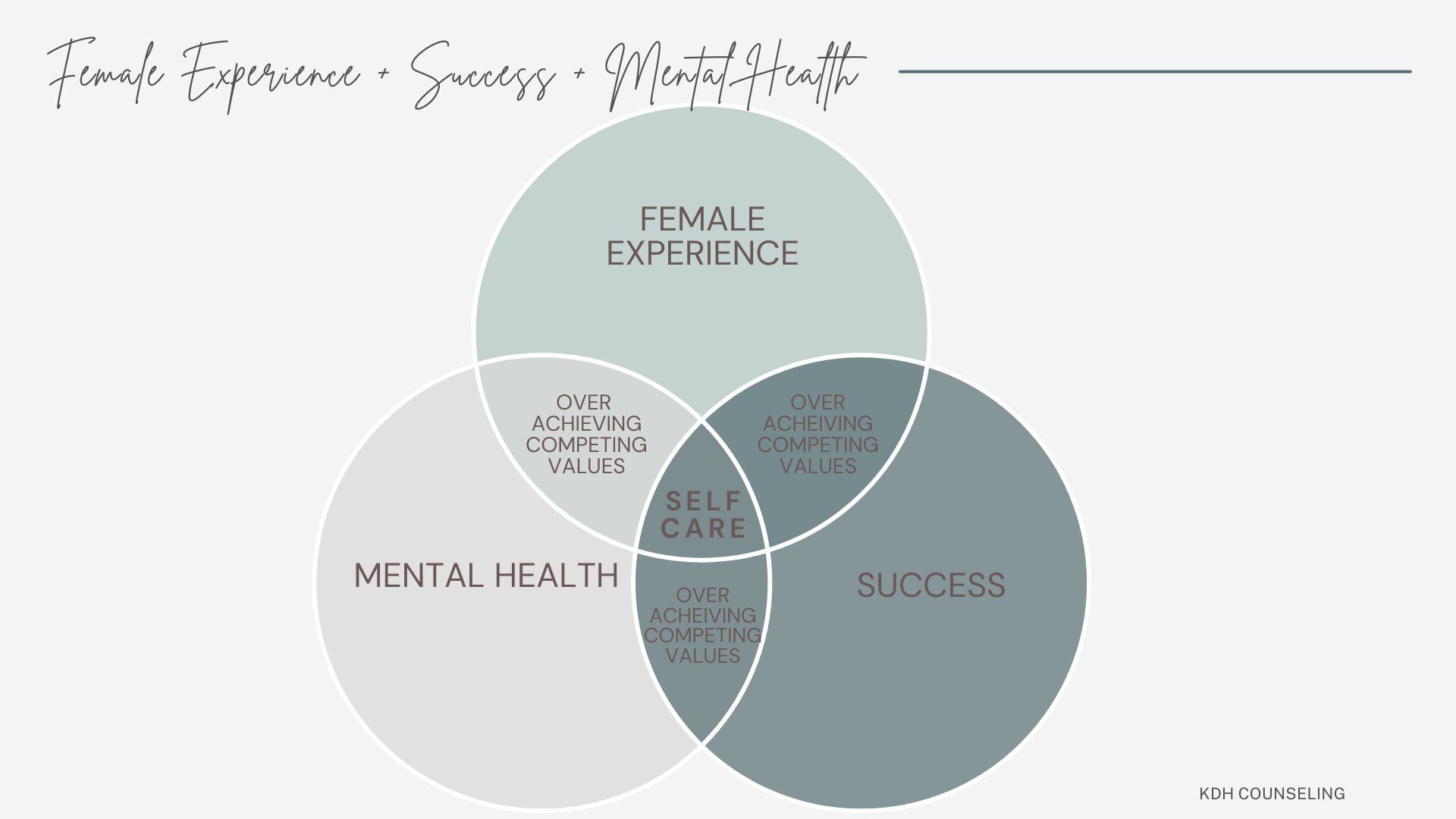How do I Grow Positive Feelings?
Can cultivating a daily habit of growing positive feelings begin with noticing gratitude or victories within ourselves and those around us?...

This is a question parents often ask when they call to set up an appointment for their teen. Teenagers are often emotional, "difficult" to be around, isolate in their rooms, and with today's social media epidemic - they tend to "always" be on their phones. Some of these are normal developmental issues, ie teen angst, however some are indicators that your child is struggling with a mental health issue.
Being that teenagers' brains and hormones are changing, your child's personality will develop and change. Sometimes they change in a way that is uncomfortable for parents who have raised and shaped them. They can have different political views, different ways of dressing, and get into social media content that we as adults don't condone, basically we have different point of views. This is normal development. I often think it's helpful for parents to step back to allow their children's point of view to develop and change because oftentimes they will change a great deal before adulthood. However, it is not these kinds of changes I am referring to.
It is the emotional personality changes that are indicators of concern. For example, if you find it difficult to get along with your child or spend time with them, other people in their lives are probably having a difficult time as well. Think of your relationship as just one version of the relationships they have with others.
So -- it is normal for a teen to want to spend time with peers more than us adults. With that said, if they are simply isolating from adults that may be normal development, but if your teen is isolating from peers and family this can be a significant sign that you need to step in and get them the help that they need. If they are angry and isolating, it's time to set up an appointment with a therapist.
Sometimes isolation is increased because of social media overuse. Teens feel emotionally distraught and they use social media to feel better. It helps momentarily and then it makes them feel worse. It can trigger inadequacies, comparisons, and at the same time build relationships. So this one is one that teens will not want to stop.
Monitor how much time they are spending online. Three hours a day is plenty, but most teens spend five or more. As a therapist, this is very concerning. Social media etiquette can greatly impact your child's mental health.
This is actually a symptom of depression in teens, and because family feels annoyed in response, it can be missed. If your teen is angry and difficult to communicate with, they may be depressed and doing the best they can to manage their own inner struggle.
If your child is an overachiever and they are irritable, be sure to have a therapist meet with your child to make sure there isn't a mental health issue going on. Overachievers do not reach out, hide symptoms, and are often struggling with their inner achieving compulsions.
Sleep is the time when we process our day and deep sleep repairs our body. So sleep is fundamental to our wellbeing. Problems sleeping can be an indicator of anxiety or depression. It is wise to ask your teen how they are sleeping. Be aware that poor sleep habits are common in depression and therefore improving their sleep habits can improve their mood.
If your teen is having difficulty completing school work or chores around the house, it may be due to this symptom of depression. Teens' moods can affect motivation for tasks that they normally had little difficulty completing. With low-level depression in children, they may still be keeping up with school work, whereas high level depression may begin to affect things they don't feel are as important, such as chores. This can be an indicator of mental health issues.
This one is not always present but when it is it can be an indicator of mental health symptoms affecting their daily functioning. Especially if they used to value their grades and now they do not.
If your teen is saying they are having thoughts of hurting themselves...this is a major indicator of mental health issues. Do not minimize whatsoever, it is vital to seek professional help immediately. There are levels of suicidal ideation, but if they are occurring it is an indicator of intense mental distress.
If you are worrying about your teen and you can't quite place why but you just know something is off, trust it. Oftentimes parents know when there is something going on with their teen, whether the teen admits it or not. Reach out to a therapist.

Can cultivating a daily habit of growing positive feelings begin with noticing gratitude or victories within ourselves and those around us?...

In today's fast pace and often unrelenting world, where success is measured through tangible achievements and milestones, it is imperative to focus...

I am told by my clients I am gentle, approachable, easy to talk to, and silly. However, working in a room with just one other person can make it...